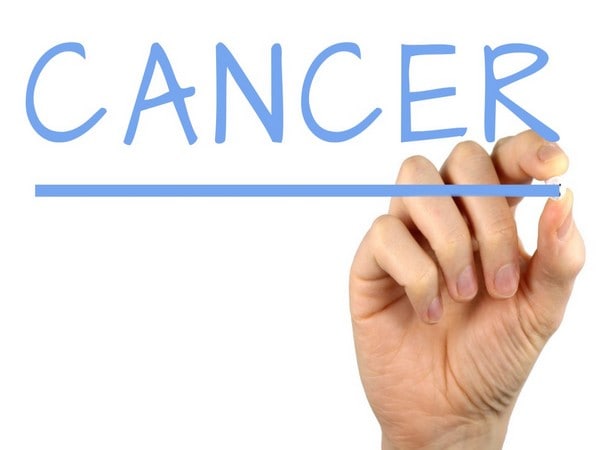London: The rapidly increasing consumption of ultra-processed foods may drive an increasing burden of cancer in the next decades, warns a study published in the British Medical Journal (BMJ).
Ultra-processed foods include packaged baked goods and snacks, fizzy drinks, sugary cereals, ready meals and reconstituted meat products – often containing high levels of sugar, fat, and salt, but lacking in vitamins and fibre.
They are thought to account for up to 50 per cent of total daily energy intake in several developed countries, according to the researchers at University of Sao Paulo in Brazil and Nutritional Epidemiology Research Team (EREN) in France.
A few studies have linked ultra-processed foods to higher risks of obesity, high blood pressure and cholesterol levels.
The new findings are based on 104,980 healthy French adults (22 per cent men; 78 per cent women) with an average age of 43 years who completed at least two 24-hour online dietary questionnaires, designed to measure usual intake of 3,300 different food items.
The results show that a 10 per cent increase in the proportion of ultra-processed foods in the diet was associated with increases of 12 per cent in the risk of overall cancer and 11 per cent in the risk of breast cancer.
No significant association was found for prostate and colorectal cancers, researchers said. Further testing found no significant association between less processed foods (such as canned vegetables, cheeses and freshly made unpackaged bread) and risk of cancer, while consumption of fresh or minimally processed foods (fruits, vegetables, pulses, rice, pasta, eggs, meat, fish and milk) was associated with lower risks of overall cancer and breast cancer.
“To our knowledge, this study is the first to investigate and highlight an increase in the risk of overall – and specifically breast – cancer associated with ultra-processed food intake,” the researchers said.
They stress that further work is needed to better understand the effects of the various stages of processing, but suggest policies targeting product reformulation, taxation, and marketing restrictions on ultra-processed products and promotion of fresh or minimally processed foods may contribute to primary cancer prevention.
PTI

